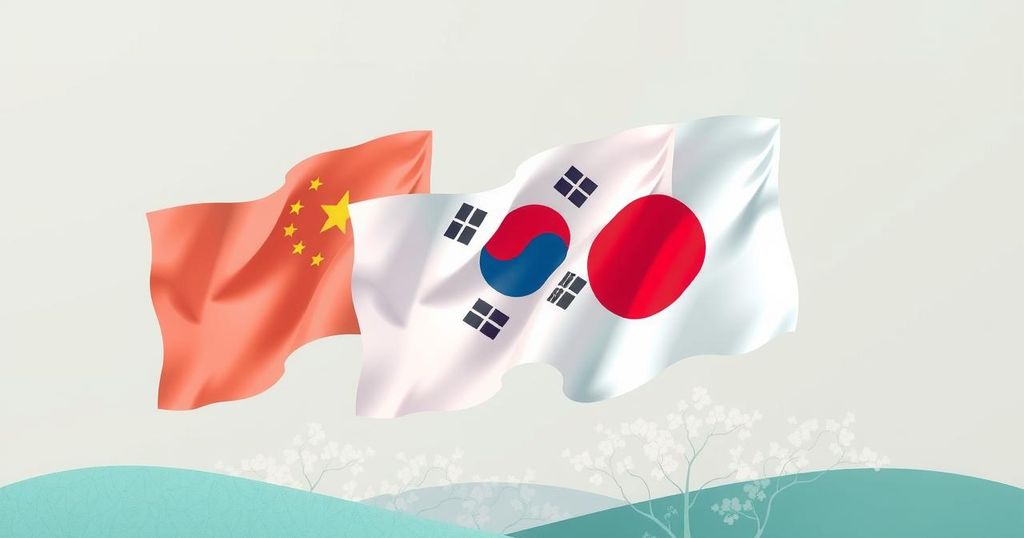Implications of Trump’s New Social Media Policy for Indian Green Card Holders
The Trump administration’s proposal to expand social media vetting for Green Card holders could affect individuals in the U.S. by requiring them to disclose their online handles during residency or asylum applications. Critics express concerns over free speech violations, fearing that this policy may lead to increased self-censorship among politically active individuals, particularly from India.
The Trump administration has recently proposed an expansion of social media vetting for Green Card holders currently residing in the United States. This new policy aims to extend the existing requirement for visa applicants from outside the U.S. who must submit their social media handles as part of the screening process, now targeting those applying for permanent residency or asylum within the country.
The U.S. Citizenship and Immigration Services (USCIS) announced the rationale for collecting social media identifiers, emphasizing that it aids in identity verification and enhances national security screening measures. This proposal is linked to President Trump’s executive order aimed at safeguarding against foreign threats and ensuring public safety.
The implications of this revised policy are particularly concerning for many Indian nationals active in both Indian and U.S. politics, who often discuss sensitive issues online. Increased scrutiny may result in self-censorship and discourage open political discourse due to fears of adverse reactions from authorities.
Public feedback on the proposed regulations has been largely critical, with numerous comments expressing concerns about potential infringements on free speech. Critics contend that the administration’s approach could lead to a chilling effect, particularly for individuals from less democratic countries who may be wary of the government misinterpreting their online expressions.
There are apprehensions that the enforcement of this policy could vary based on individuals’ political views, raising fears among Indian applicants of facing unnecessary barriers in their immigration processes. Instances of entry denials or deportations related to online activities have heightened these concerns, reflecting a broader anxiety regarding governmental oversight of personal expression.
In summary, the Trump administration’s proposal to extend social media vetting for Green Card holders raises significant concerns regarding free speech and identity verification. While the administration cites national security as a justification, the potential for self-censorship among politically active individuals is high. Public backlash reveals a widespread apprehension about the implications of such policies on immigrants’ rights to express their views without fear of government scrutiny.
Original Source: www.hindustantimes.com








Post Comment